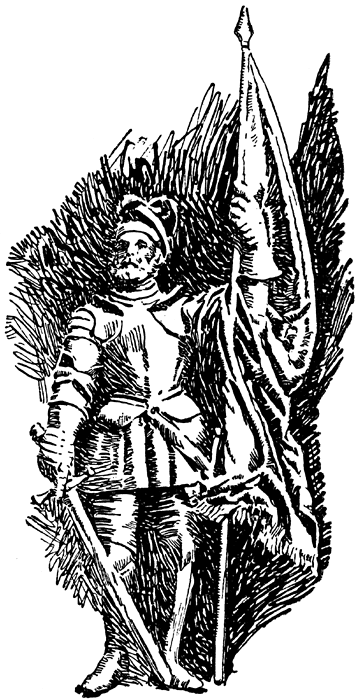You have /5 articles left.
Sign up for a free account or log in.
Not much can live in the surf zone, that tumult between land and sea, except certain species of clams and crabs. Even inland from the wrack line,
Pioneering species must be highly specialized to tolerate the severe environmental challenges they face. The most successful pioneering species in coastal zones are halophytic, meaning that they are able to thrive under highly saline conditions [and] to withstand xeric conditions, low nutrient availability, heavy winds, inundation by sea water, high soil temperatures, and burial in sand.
Transitional zones are difficult, and our lives are an often pleasurable, always perilous crisscrossing of the narrow barren between present and past and back again, since the persons we were end now. (And now.) (And now.) It’s a writer’s chief problem.
 Memory alone—a little surprised to find itself still alive after being cast ashore—plants its flag in the sand, holds aloft its holy book of experience and proclaims everything as its own. Meanwhile, the present has already run back out between memory’s pointed sabatons to find its own level, since its only and eternal concern is to rejoin the great mass of itself.
Memory alone—a little surprised to find itself still alive after being cast ashore—plants its flag in the sand, holds aloft its holy book of experience and proclaims everything as its own. Meanwhile, the present has already run back out between memory’s pointed sabatons to find its own level, since its only and eternal concern is to rejoin the great mass of itself.
Isn’t it startling to realize there are no books written about the present? Not a one. I write in the present tense of this (too late) and of that (nope) and never catch hold of the thing, unless, as William Gass points out in “A Failing Grade for the Present Tense,” I make some generalized statement of long action, such as, “The jig’s up,” which is almost always true.
Comically, memory never even guesses at the present’s depths—the present presents presents we have no capacity to receive—and instead turns its eyes greedily to the country before it. It dons its helmet, raises its halberd, and begins to poke around, sure that there’s gold in them hills. Meanwhile, those who arrived in that country first watch jealously from the dunes and sharpen the tips of their publishing contracts.
I’m in a transitional zone myself with the end of the semester and the holidays on their way, but there’s something else too. My memories of childhood, for instance, aren’t fading, but I can feel them changing with age and experience, the way glass is said to flow very, very slowly from its panes.
Out of grief and fondness I’ve written several elegies here, it seems—for my father (Part 1 and Part 2), for an ex-con named Johnny Massacre, for a former teacher, but I haven’t written one for my mother. (The closest I’ve come is this poem at War, Literature & the Arts, and there’s this brief glimpse of my elder son at her funeral.) In the next couple of posts I’d like to record a few notes on my parents, especially memories of my mother, for a project I’m working on. Somewhere in that jetsam is something I lost, something I can't quite name….





